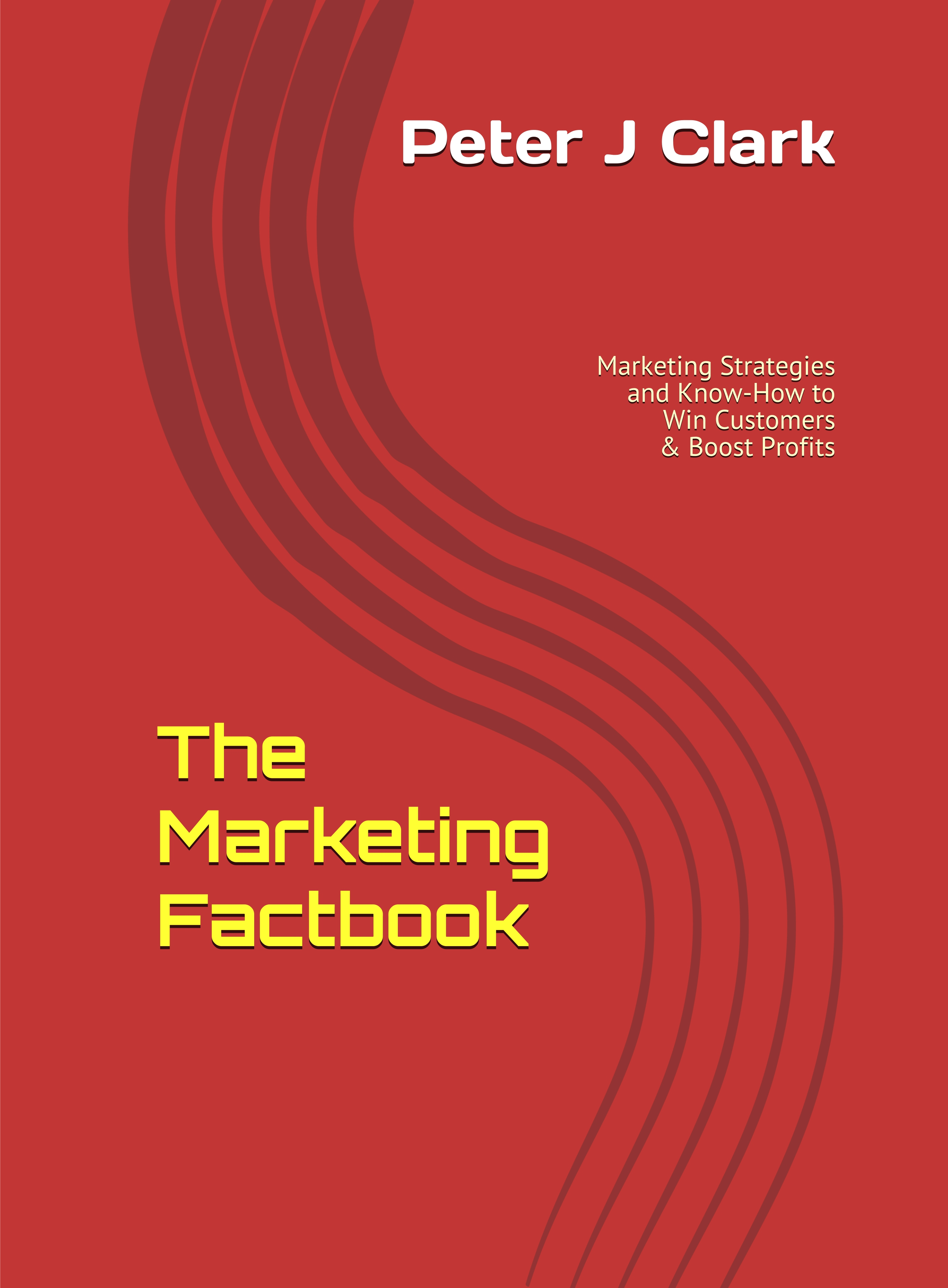Using loyalty data to build lasting relationships
The word 'data' may evoke word associations such as 'dry', 'boring' or even 'uninspiring', but it's the lifeblood of a loyalty programme, and customers have an in-built expectation of receiving something worthwhile when they part with personal data, according to Phil Szymala, business insight director for loyalty agency ICLP.
Years of social conditioning has made consumers somewhat sceptical about giving up their personal information to brands, with many being concerned that their data will be used in what could be perceived as an irrelevant or even sinister way.
Three key causes of this problem are:
- Their information has repeatedly been used in an irrelevant way, lowering expectations;
- The media has peddled the 'big brother' notion that data capture will be used for evil purposes;
- Because of reason 2, brands that have used data effectively to deliver relevance have not generally communicated this fact to their customers for fear of negative publicity.
As a result, Szymala suggests the following best practices to help brands not only regain customer trust but also to build longer, better quality customer relationships:
- Invest in understanding your customers
Unless you have an 'absolute destination' brand, at some point you may need to become more pro-active in connecting with your customers - and even destination brands are not immune to competition or changes in the market.There is an apocryphal tale of a car company that unveiled its latest model via an online showcase that was streamed to over 400,000 visitors to its web site, and at no point did they ask for any customer data - not even a name. This would have been a significant opportunity to connect with potential customers, find out what they were looking for, and start building relationships.
If you have no customer database, start one right away. Or if your customer database is not helping you interact with consumers and build quality relationships, then the time has come to develop a new and more effective data acquisition strategy.
- If you have customer data, use it properly
Several years ago, after partnering with the Nectar loyalty programme, the UK supermarket chain Sainsbury's was delivering a fairly basic points-and-prizes loyalty mechanism. But, after investing heavily in data analysis and support, Sainsbury's uses the Nectar data to deliver relevant offers to customers based on products they buy, inspirational ideas about products they might like, and a whole new store layout that better reflects what customers put in their baskets, making it easier to shop.By using data in the right ways, marketers can understand who their top customers really are and then target them more efficiently with well-deserved rewards, content they are likely to be interested in, access to events they will actually want to attend, people they will want to talk to, opinions or ideas they will want to hear, more convenient ways to transact, and propositions or offers that will really appeal to them. Delivering this kind of personal relevance builds loyalty and customer relationships rapidly.
- Treat your customers like adults, and engage them
Customers have been conditioned to have low expectations of receiving value in return for giving data, so the time has come to give them a reason to believe otherwise. The modern reality is that customers are prepared to give up personal information if they think they will get something relevant in return. Young people are no longer giving their phone number to their friends, but instead their name or email address so they can connect on Facebook. The value of their interaction with a social network is much greater than interacting with an individual.Consumer expectations have evolved, with e-commerce brands increasingly being expected to combine content (e.g. social commentary, points of view, interactions, information and so on) and commerce to remain relevant in the face of an array of competition. Customers want more than just offers; they want help making up their mind, and even help using the products they buy. For example, you have to admire the DIY classes offered by UK-based DIY chain B&Q, or the fashion blogs posted by Mulberry. If you can use customer data to offer this kind of help in a more targeted way, why would you not tell your customers about it?
"One final thought, for any product, brand or service, is that delivering quality and kudos is no longer good enough by itself; you need to connect and deliver unique value," concluded Szymala. "Be brazen, engage your customers, tell them you want a relationship, give them a reason to trust you and most importantly use their information to deliver relevance, however that may manifest in your sector."
Sources: ICLP / The Marketing Factbook.
Copyright © 2011 - 2025 The Marketing Factbook.
Categorised as:
- Customer Experience
- Customer Loyalty
- Knowing The Customer
- Marketing Know-How
- Marketing Technology
